Brands Gen Zs love and hate
According to one study, companies that are genuinely driven by social impact tend to get the most love from Gen Z.
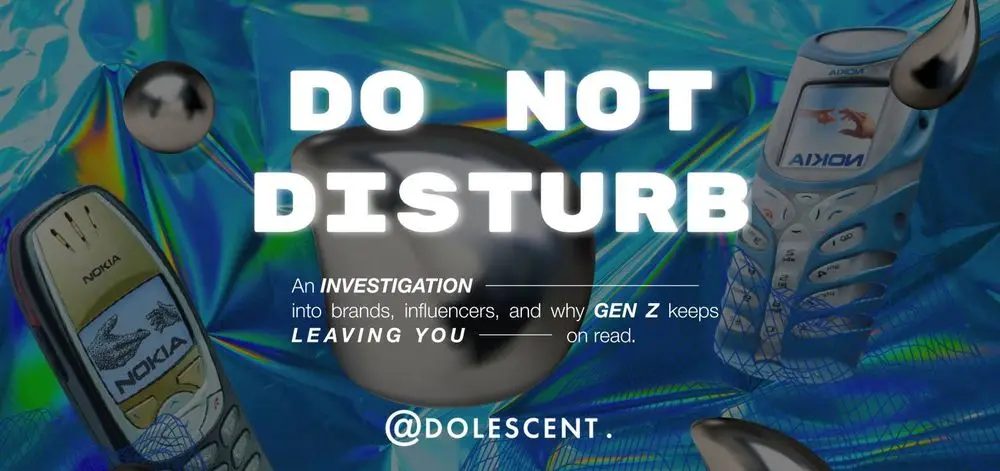
Gen Z is emerging as the most influential generation for businesses. Born between 1997 and 2012, this group now ranges from tweens to young professionals—and their preferences are reshaping how brands behave.
According to the Bank of America, Gen Z's income will hit US$33 trillion globally by 2030. Yet despite their rising economic power, only 8% of Gen Zers believe brands actually understand them.
This article breaks down what Gen Z values in a brand, which brands they like or avoid, and what these preferences mean for marketers trying to connect with them.
The insights come from a report by Adolescent Content, which surveyed 400 Gen Z respondents in the US to understand what drives their buying behavior—and what pushes them away. Here’s what the data says.
Short on time?
Here is a table of content for quick access to what you need:
- What Gen Z values in a brand
- Brands Gen Z dislikes
- Brands Gen Z likes
- Why this matters for marketers
- Looking for more insights on marketing to Gen Zs?
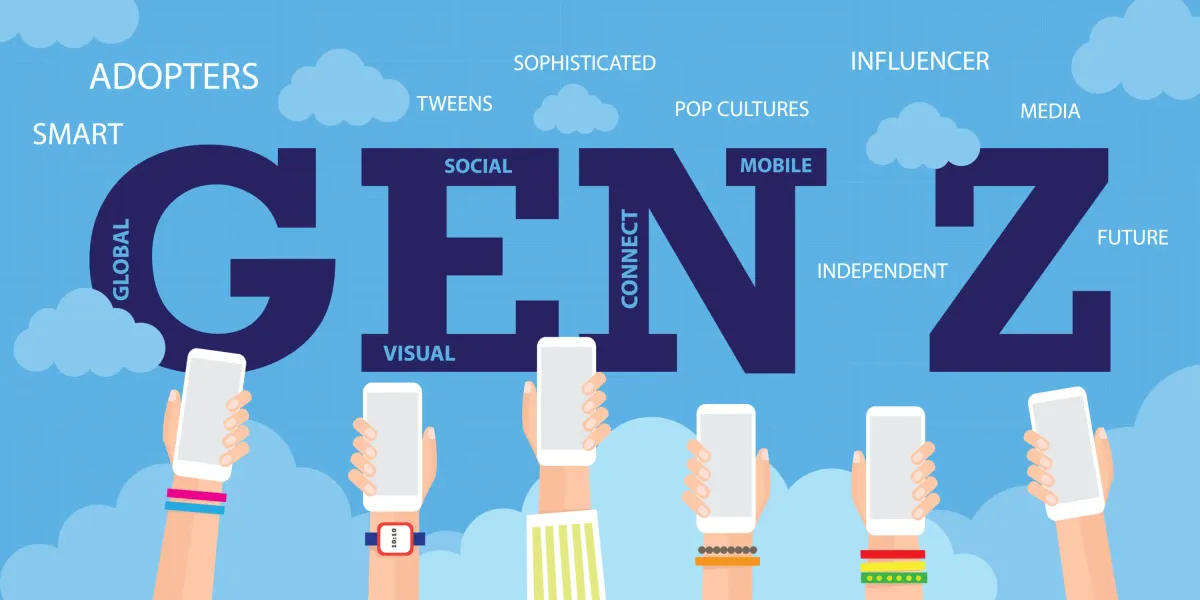
What Gen Z values in a brand
Gen Z isn’t just buying products—they’re buying what a brand stands for. According to Adolescent Content’s survey of 400 Gen Z respondents in the US:
- 94% say they have big life goals.
- 75% believe they will leave the world better than they found it.
- They’re drawn to companies with social values and strong ethics.
When asked what influences their purchase decisions most, these five values stood out:
For Gen Z, product and price alone aren’t enough. Brands need to show that they care—through consistent actions, not just messaging. It’s not about saying the right thing once; it’s about living it every day.
Brands Gen Z dislikes
Adolescent Studio also outlines a few key examples of brands doing things incorrectly, in the eyes of Gen Z. Let's check them out.
1. Pepsi
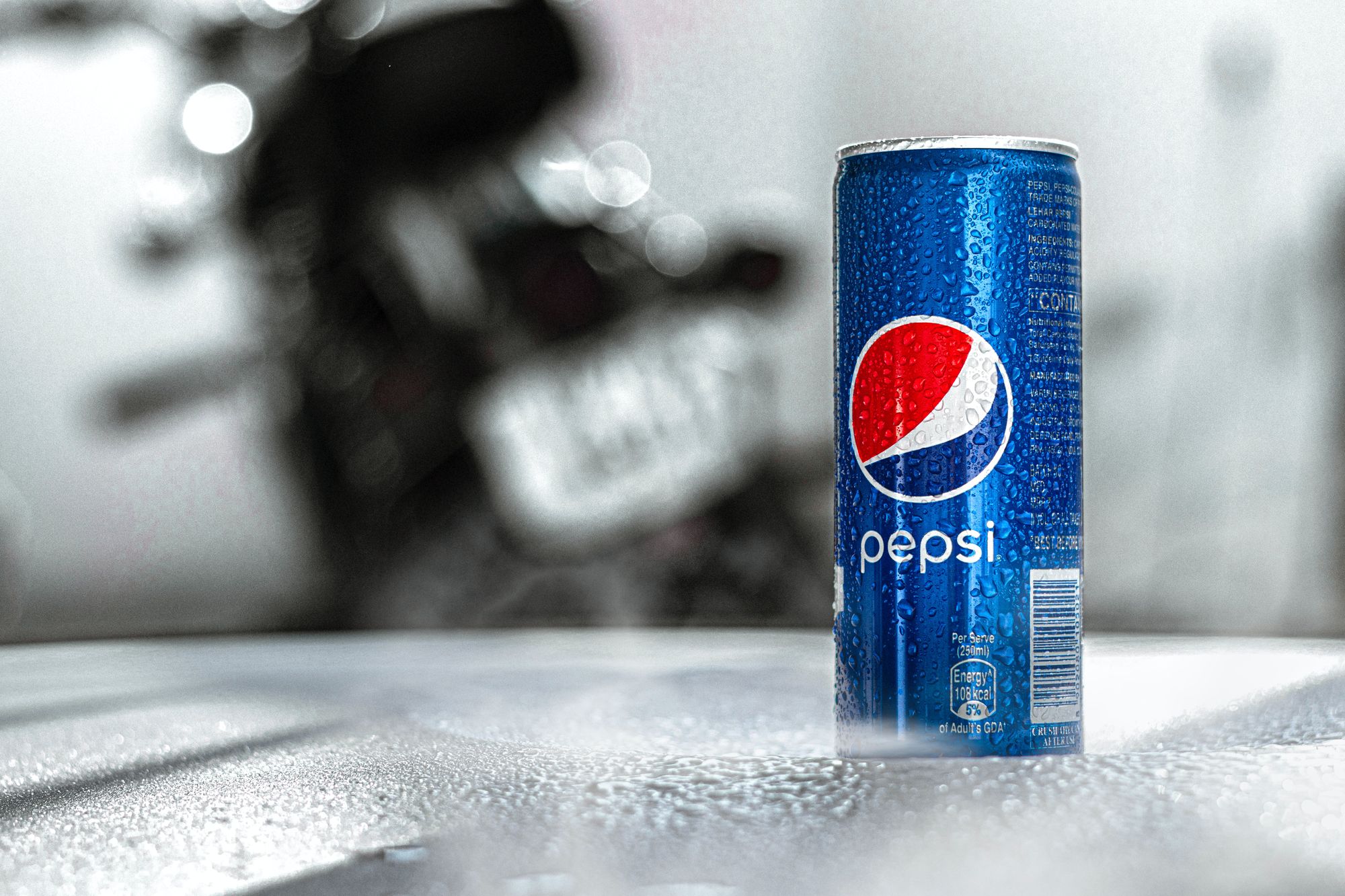
Pepsi lost favor with Gen Z after a 2017 ad featuring Kendall Jenner trivialized the Black Lives Matter movement. The backlash still lingers, especially after another tone-deaf ad from Jenner’s tequila brand in 2021.
The advertisement was color graded in yellowish tones to mimic western films, which already have a controversial history.
While this ad seemingly has not affected other Pepsi products, it definitely affected demand for their signature soft drink line. Gen Z is also relatively health conscious and tries to avoid consuming unhealthy foods.
“Never, never, never will I purposefully drink a Coke or Pepsi product. Their plastic packaging has irreparably littered our planet for no reason other than their own greed. I just read an article today that they are essentially making bogus nonprofits (backed by government dollars) to pick up their mess and then give them the plastic for essentially free.”
– 23-year-old nonbinary college graduate from Florida
2. Instagram
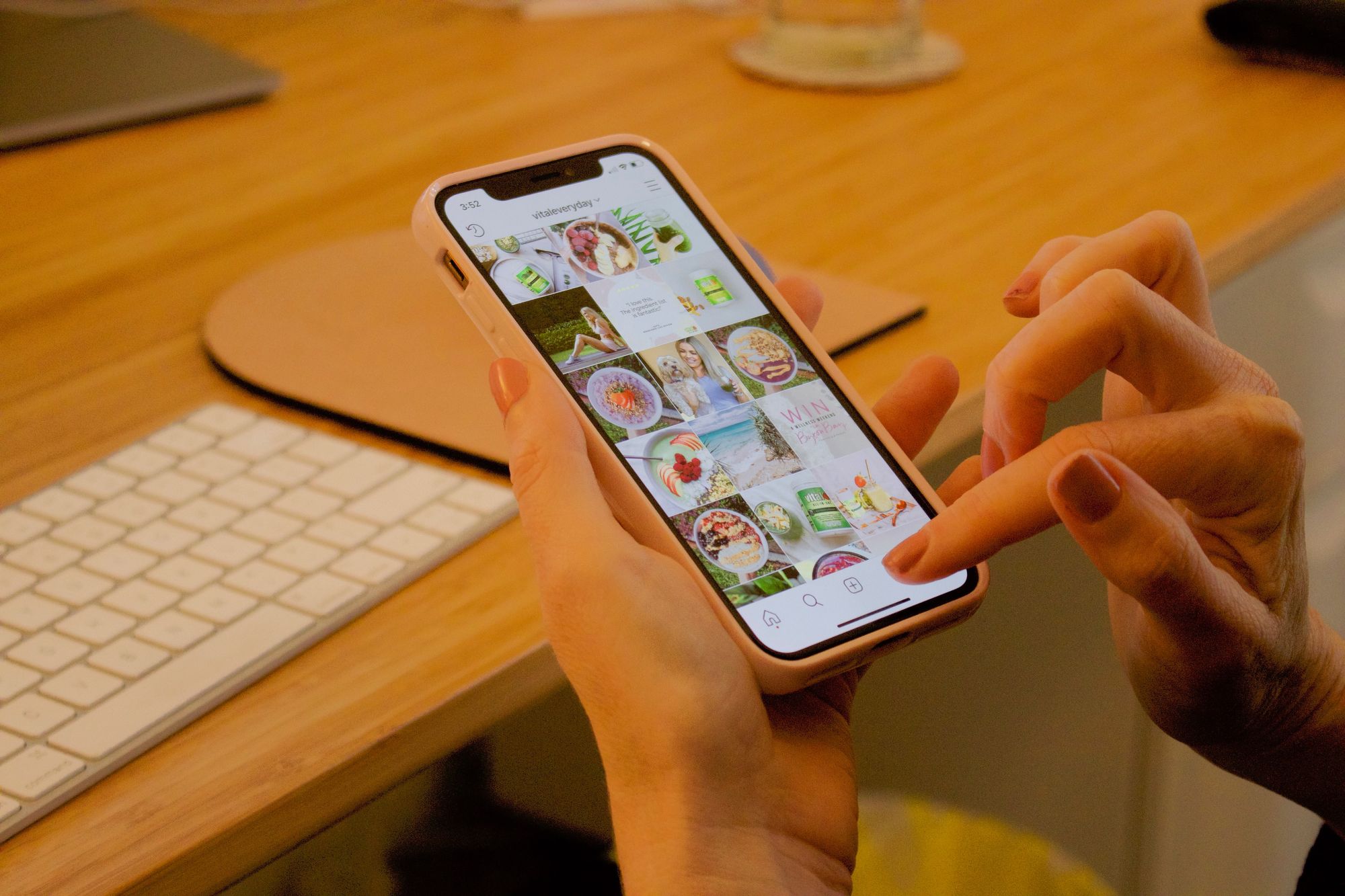
Gen Z overall has mixed feelings on Instagram. While Instagram is one of the most used social media platforms by Gen Z, intra-company business practices and the negative impact of social media use on mental health make Gen Z think twice about the platform's impact.
Young people do not trust how FaceBook, Instagram’s parent company, uses personal data. In a similar vein, Instagram announced Instagram Kids in 2021, a now on-hold social media platform for children under the age of 13, and that met controversy.
“The brand I hate/avoid the most is probably Facebook. I don’t trust them with any personal information. I also don’t like how they use people’s personal information. Instagram is owned by Facebook and is basically the same to me at this point.”
– a 19-year-old male college student from Nevada
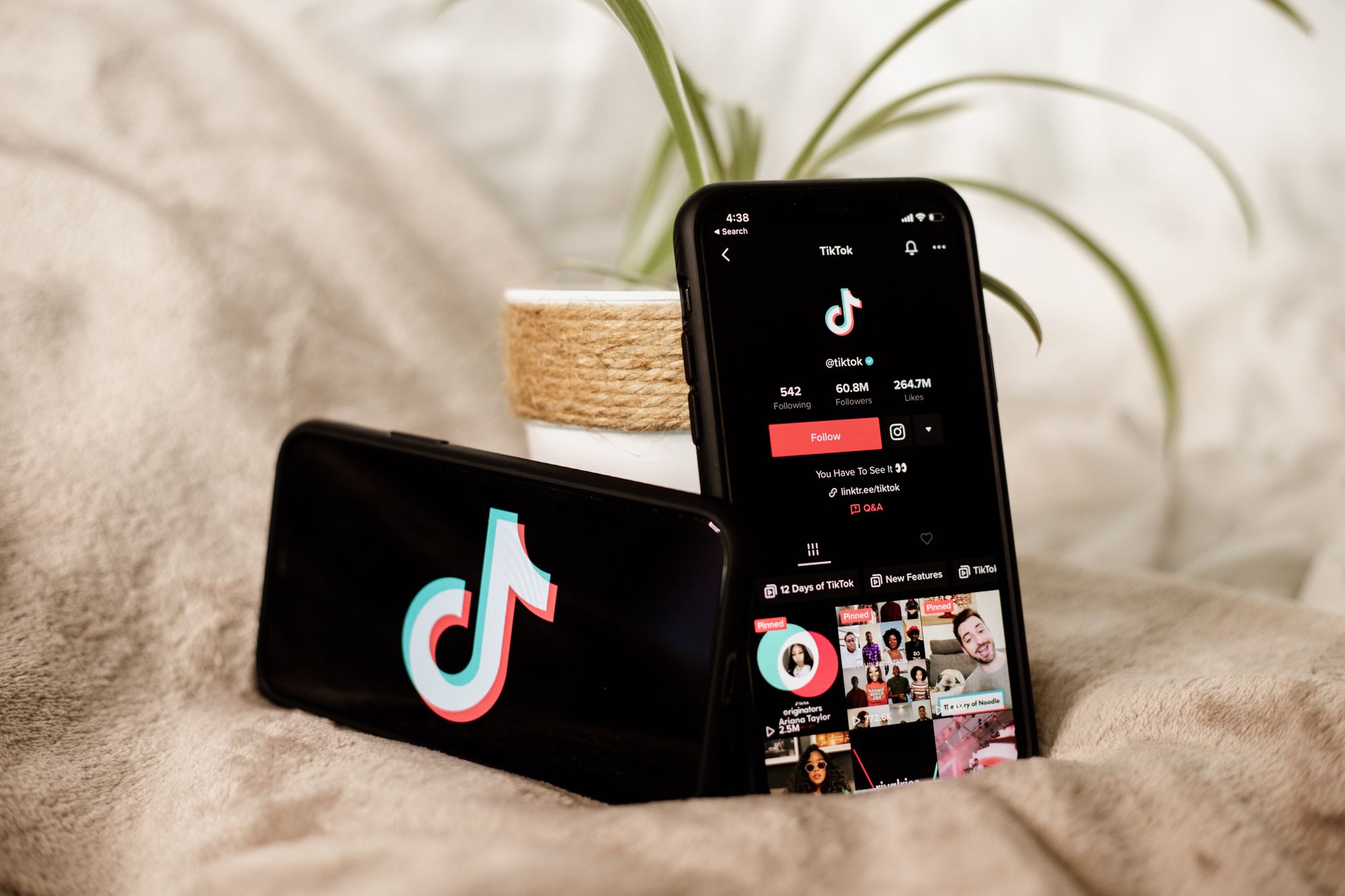
3. Amazon
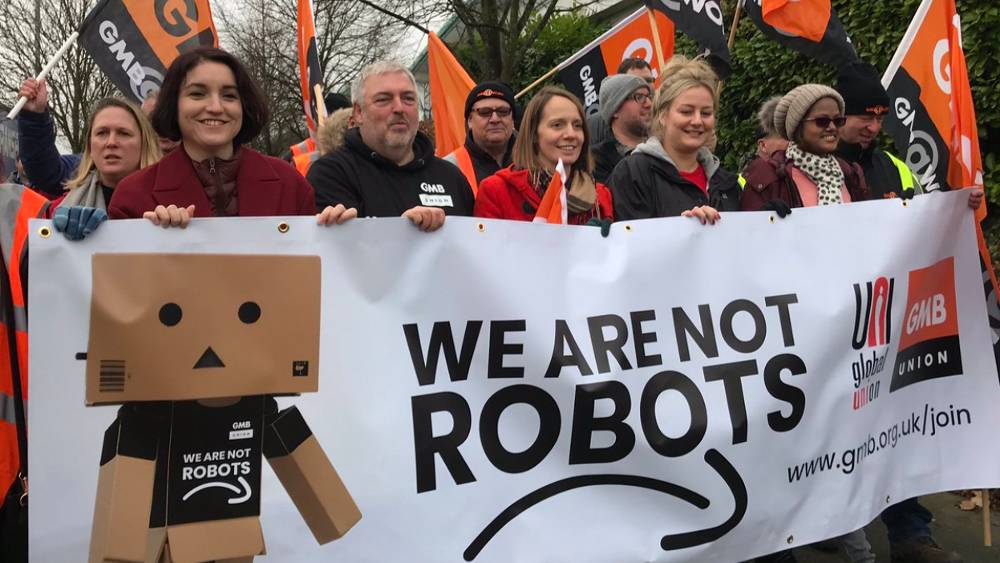
According to Amazon, the company strives to be the world's best employer and safest place to work. But despite that, the tech giant has received constant criticism over its alleged anti-union practices, environmental harm, and tax avoidance issues.
This is why 74% of Gen Zers aren't shopping on the site, even during Amazon Prime Day – the company's annual discount event.
"As hard as it is, I try to avoid ordering anything from Amazon unless I really can't get it from anywhere [else]. [The company] exploits its workers, is practically a monopoly on multiple fronts, and doesn't have super ethical shipping practices."
- a female student, 22, Maryland.

4. Glossier
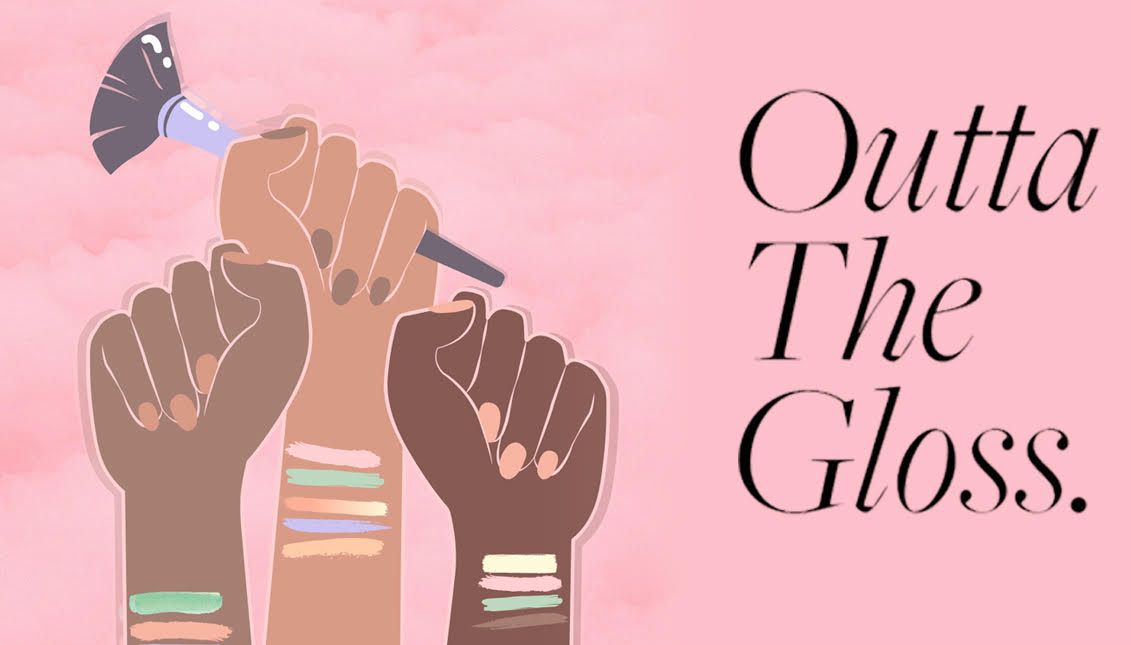
D2C beauty and skincare brand Glossier says it wants to democratize beauty and promote inclusivity. However, it turns out that the company has its own share of problems practicing what it preaches. In 2020, an anonymous employee post outlining Glossier's racist work culture generated a lot of heat from Gen Z.
"[I steer clear of] any brand that's been outed for being racist (Glossier, Drunk Elephant, Jeffree Star Cosmetics). Or, really, brands that claim to be inclusive and care for minority groups but say or do things that are the complete opposite of their 'beliefs.'"
- a college student, 19, North Carolina.
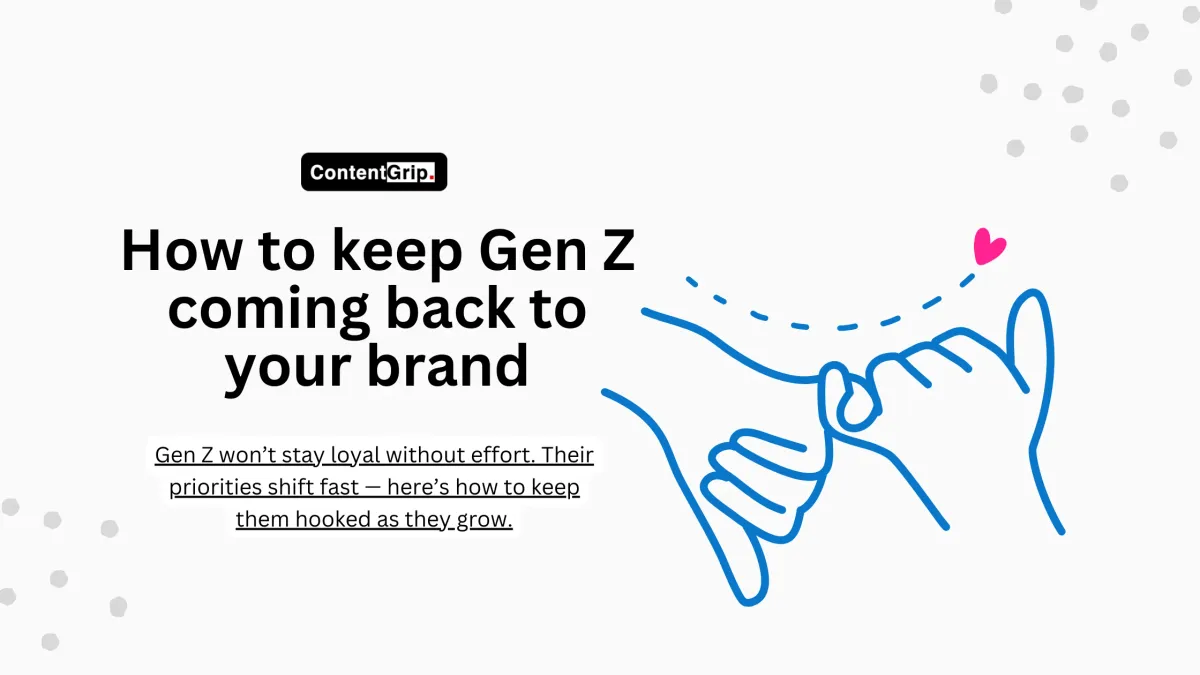
Brands Gen Z likes
Adolescent Studio also outlines a few key examples of brands doing things correctly, in the eyes of Gen Z. Let's check them out.
1. Nike
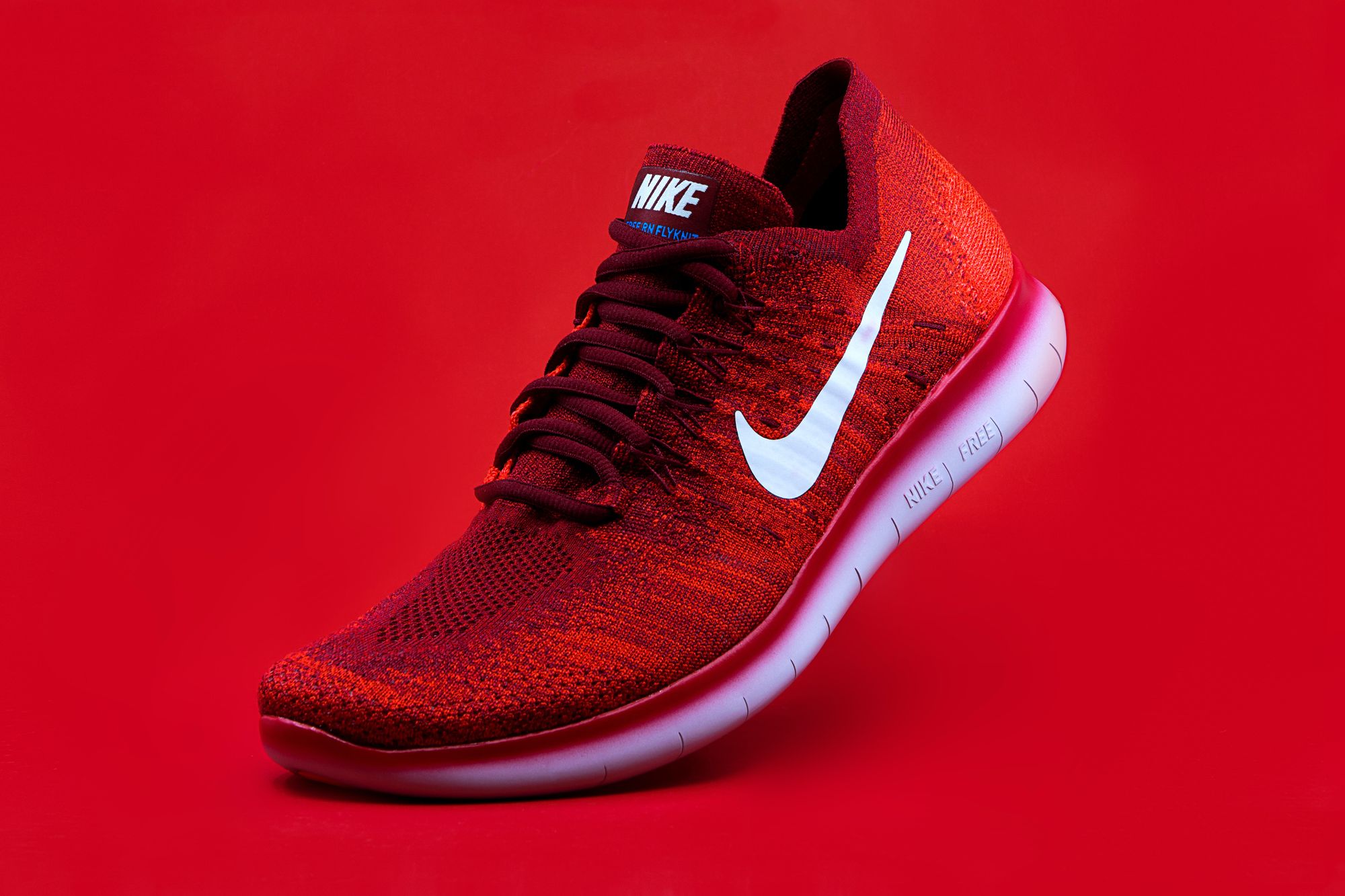
Gen Z’s skepticism and lack of trust in Instagram calls into question their feelings about Nike, a business historically known for sweatshop labor, high brand endorsement costs, kowtowing to authoritarian governments, and overly expensive products.
That being said, Gen Z has a great affinity for the brand and enjoys the products Nike releases despite all its historical backlash. Nike is striving to create more sustainable goods with recycled materials and is challenging its past business practices.
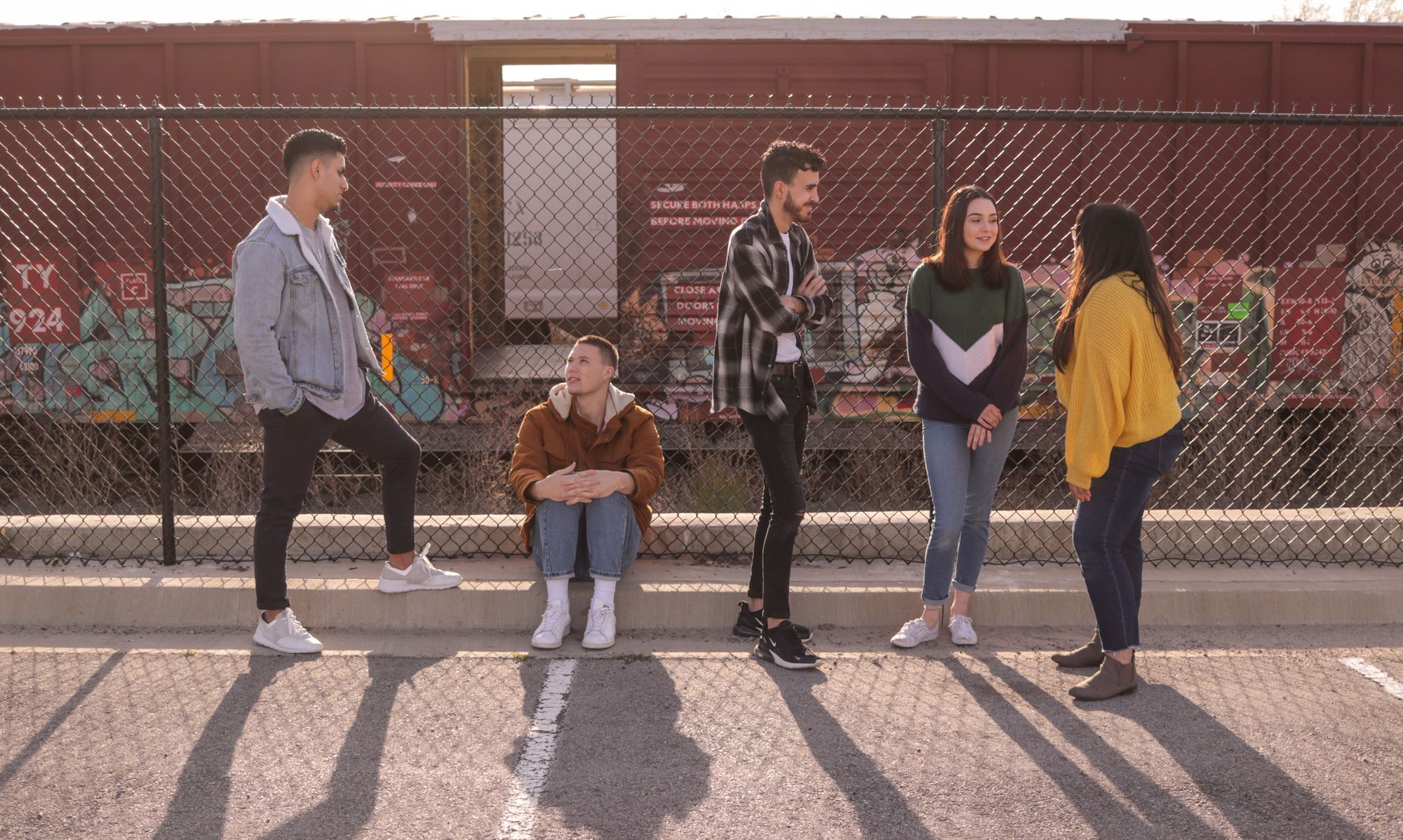
2. Ben & Jerry's
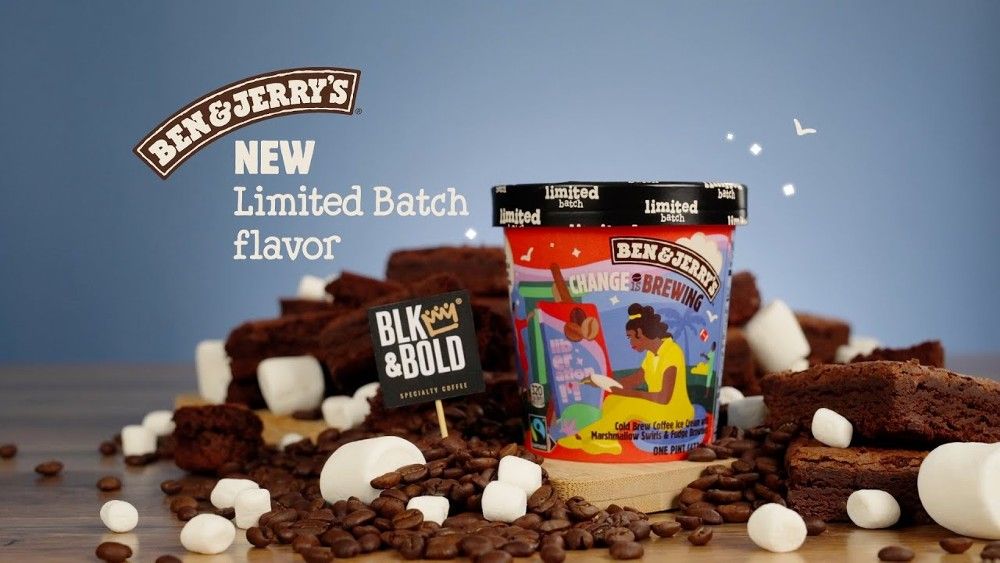
Gen Z loves Ben & Jerry's not only because the company is upfront about its values, but it's also been advocating social justice for decades. In short, Ben & Jerry's isn't all talk about making the world a better place with ice cream.
"They are known for taking a stand on political issues like police brutality and the occupation going on in Palestine. They also have sustainable practices and make a good quality product."
- a female college student, 21, Massachusetts.
3. Parade
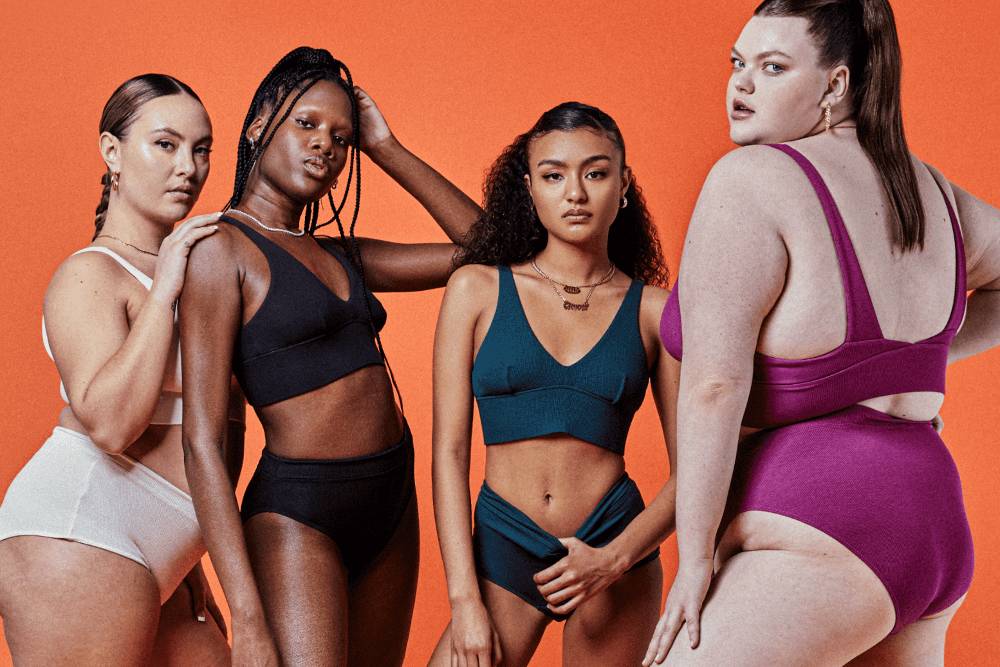
Underwear company Parade specializes in size-inclusive, sustainable undies and bras. The firm also partners with multiple organizations to support LGBTQIA rights across the nation. For Gen Z, this is a breath of fresh air compared to other brands that have allegedly been mired in anti-fat, transphobic, and misogynistic sentiments.
"Parade is inclusive about body types, and they have a lot of diverse models."
- a music journalism student, 19, Philadelphia.
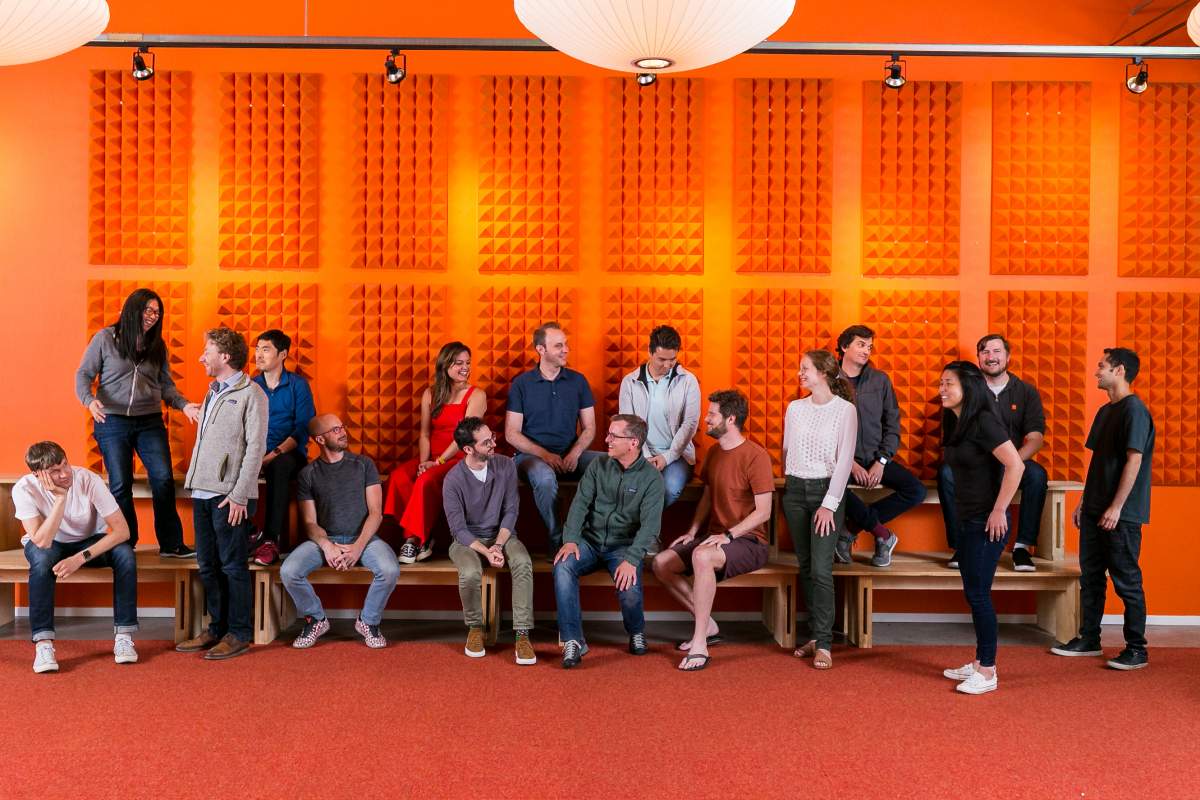
Why this matters for marketers
For marketers aiming to build lasting connections with Gen Z, a few things are non-negotiable. Authenticity isn’t just a buzzword—it’s a baseline. This generation can easily spot performative branding and is quick to call out brands that say the right things but act differently.
Shared values play a major role in shaping loyalty. Gen Z isn’t just reacting to advertising campaigns; they’re looking at long-term behavior. Brands that show consistent action—whether through sustainability, ethics, or inclusion—earn more than just sales. They earn trust.
Inclusion and ethical practices aren’t add-ons. For Gen Z, these are default expectations. They want to support brands that reflect their identity and their hopes for the future. Miss that, and you risk losing relevance.
Looking for more insights on marketing to Gen Zs?
Here are some articles that can help your brand connect better with Gen Z:
- https://www.contentgrip.com/gen-z-social-media/
- https://www.contentgrip.com/what-gen-z-expects-from-brands/
- https://www.contentgrip.com/gen-z-ai-content-preferences/
- https://www.contentgrip.com/nostalgia-marketing-to-gen-z/
- https://www.contentgrip.com/marketing-different-generation/
- https://www.contentgrip.com/gaming-marketing-across-generations/
Sources
- CBNC. (2020, November 20). Gen Z incomes predicted to beat millennials’ in 10 years and be ‘most disruptive generation ever’. https://www.cnbc.com/2020/11/20/gen-z-incomes-predicted-to-beat-millennials-in-10-years.html
- Adolescent Content. (2025, March 24). 'Do not disturb: An investigation into brands, influencers, and why Gen Z keeps leaving you on read'. https://adolescentcontent.com/insights-report-2022
- The New York Times. (2017, April 5). Pepsi Pulls Ad Accused of Trivializing Black Lives Matter. https://www.nytimes.com/2017/04/05/business/kendall-jenner-pepsi-ad.html
- People. (2021, May 21). Kendall Jenner Faces Accusations of Cultural Appropriation In New 818 Tequila Ad. https://people.com/food/kendall-jenner-faces-accusations-of-cultural-appropriation-new-818-tequila-ad/
- Instagram. (2021, September 27). Pausing “Instagram Kids” and Building Parental Supervision Tools. https://about.instagram.com/blog/announcements/pausing-instagram-kids
- Amazon. (2021, June 1). Update on our vision to be Earth’s Best Employer and Earth’s Safest Place to Work. https://www.aboutamazon.com/news/operations/update-on-our-vision-to-be-earths-best-employer-and-earths-safest-place-to-work
- Wired. (2020, April 10). 9 Amazon Workers Describe the Daily Risks They Face in the Pandemic. https://www.wired.com/story/amazon-workers-pandemic-risks-own-words/
- CNBC. (2020, October 24). How Amazon keeps a close eye on employee activism to head off unions, https://www.cnbc.com/2020/10/24/how-amazon-prevents-unions-by-surveilling-employee-activism.html
- Wired. (2020, September 26). Activists at Amazon Say Its Climate Efforts Still Fall Short. https://www.wired.com/story/amazon-activists-climate-change-efforts-fall-short/
- Newsweek. (2020, September 29). AOC Condemns U.S. System That Allows Trump, Amazon to Pay Almost No Taxes But Doesn't Fund Health Care For All. https://www.newsweek.com/aoc-condemns-us-system-that-allows-trump-amazon-pay-almost-no-taxes-doesnt-fund-health-care-1535097
- Glamour. (2019, January 29). Glossier Just Made Its Shade Range Way More Inclusive for Women of Color. https://www.glamour.com/story/glossier-skin-tint-shade-range-expansion
- UKEssays.com. (2019, August 12). Ethical Challenges Faced by Nike. https://www.ukessays.com/assignments/ethical-challenges-nike-2021.php
- C-PORT. (2025, March 24). The Sustainable Future of Nike. https://www.c-port.net/the-sustainable-future-of-nike/
- Ben&Jerry's. (2025, March 24). Our Values, Activism and Mission. https://www.benjerry.com/values
- Forbes. (2020, June 9). Why Ben & Jerry’s Won’t Stay Silent On White Supremacy—Or Other Social Justice Issues. https://www.forbes.com/sites/christophermarquis/2020/06/09/why-ben--jerrys-wont-stay-silent-on-white-supremacy-or-other-social-justice-issues/
- Parade. (2020, September 1). Parade's Commitment to LGBTQ Communities. https://yourparade.com/blogs/parade/lgbtq
- The Hollywood Reporter. (2018, November 12). Victoria’s Secret Faces Backlash After Exec’s Comments About Trans and Plus-Size Models. https://www.hollywoodreporter.com/news/general-news/victorias-secret-backlash-ed-razeks-comments-trans-size-models-spark-outrage-1160446/
This post is created by ContentGrow, providing scalable and tailored content creation services for B2B brands and publishers worldwide. Book a discovery call to learn more.








